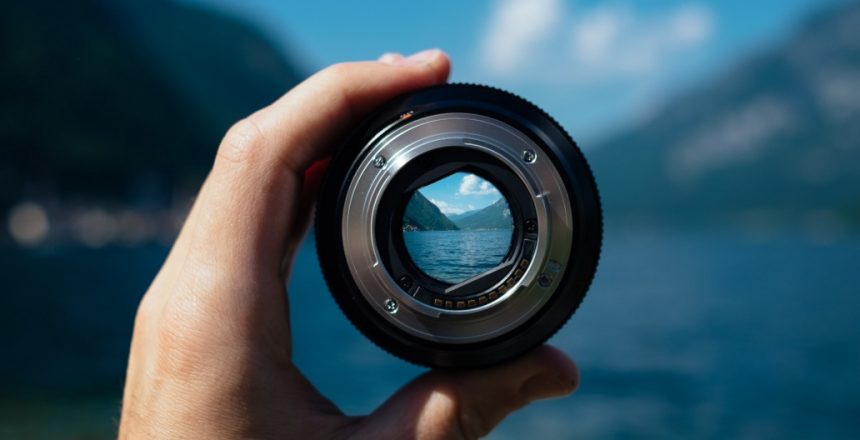” As reporters learn more about a subject, the truth tends to become less clear, not more so. Recognizing and embracing the uncertainty means being humble—but not timid.” – The Economist (July 2020)
What do I really know?
The older I get, increasingly my most accurate answer to that question is “Not very much.” If wisdom comes with age, then realizing how little I know is a big part of my growing in wisdom.
And I will take wisdom over knowledge any day.
When I work with businesses on team-building and conflict resolution, I often use the graphic below (source unknown) to make this point: There is a big difference between true and truth.

True is dependent on your vantage point. Truth on the other hand, is absolute and is independent of your perspective. Looking at this same cylinder from two different perspective, we see two different truths. Looking closely, we can see how both of the true elements are formed, but neither represents the actual truth (of a three-dimensional, two-colored cylinder). In fact, both are very misleading when it comes to the truth.
And what would happen if we acted on what is true here rather than on the truth?
For me, this is a critical reminder (and appropriately humbling) about the importance of looking at things I believe to be true from different perspectives to make sure my positions and my beliefs are well-founded. By doing so, I have a better chance to see my biases and blind spots. It starts to move me closer to the truth.
No doubt some issues are so complicated that you’d have to look at them from many different angles to really start to discern the truth. But that isn’t the case with everything, and this picture shows that. One new vantage point other than either of the other two shown here would have revealed truth in this case.
I’m writing this in the middle of the Covid-19 pandemic and in the wake of the riots triggered by the death of George Floyd at the hands of police in Minneapolis. How important is it to find truth regarding the pandemic so we respond correctly to its risks while not committing economic suicide? How necessary is it to find truth respect to inherent racism in America so it can be addressed?
Has finding truth ever seemed more important to society in our lifetime than it does today?
Are we willing to put aside our biases and seek other perspectives to inform our thinking? Or is that work just too hard? Or maybe too scary? I hope we are, because there is a lot riding on it.

